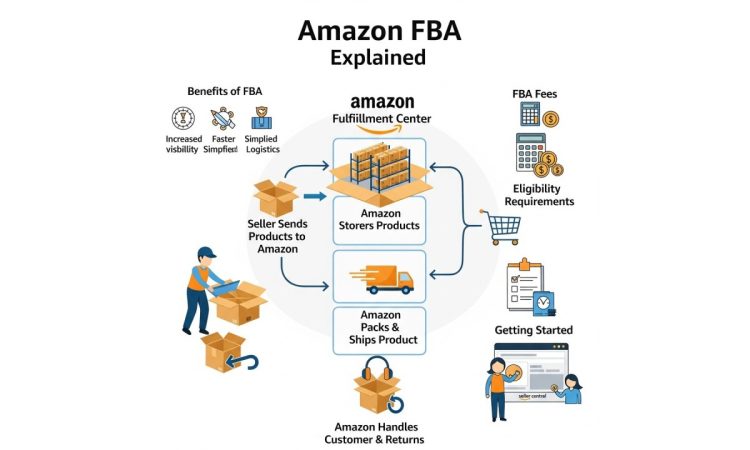
my Amazon Guy Reddit reviews discussion threads shape how sellers choose service providers for their businesses. Feedback from previous clients carries substantial weight when merchants evaluate whether to hire agencies. The testimonials, experiences, and documented results shared across platforms directly affect purchasing decisions. Sellers treat peer feedback as more trustworthy than marketing materials because it comes from merchants facing similar marketplace challenges and operational pressures.
Trust in peer experiences
Sellers operate in competitive environments where wrong decisions waste money and time. Reading about another merchant’s experience with an agency reduces perceived risk. When someone shares that an agency delivered promised services within stated timeframes, that validation influences readers considering the same provider. Peer experiences carry authenticity that advertising cannot replicate because they come from individuals with no financial stake in promoting services. Community discussions where multiple sellers confirm similar experiences strengthen credibility further. A single positive review might spark interest, but patterns across multiple testimonials create confidence that influences final decisions.
Service expectation setting
Agency feedback helps sellers form realistic expectations about what services actually deliver. Marketing descriptions often use broad language about “optimization” or “growth strategies” without concrete details. Client feedback fills these gaps by describing actual work performed, deliverables received, and timelines involved. When merchants read that listing optimisation included keyword research, title rewrites, bullet point improvements, and backend term updates, they gain a clear picture of service scope. This specificity lets sellers evaluate whether the described work addresses their business needs. Feedback also reveals typical result timeframes, preventing sellers from expecting overnight transformations. Reviews mentioning that ranking improvements took eight weeks help merchants assess whether they have the patience for that timeline.
Budget allocation guidance
Detailed feedback about agency pricing and value received helps sellers determine budget appropriateness. When reviews specify monthly retainer amounts alongside services included, merchants can compare costs against their advertising budgets. Client discussions about ROI provide context for whether agency fees represent worthwhile investments. A seller sharing that their $2,500 monthly agency fee generated an additional $15,000 in sales offers a concrete value assessment. This financial transparency influences how merchants allocate resources between self-management and professional services. Budget decisions often hinge on whether feedback suggests agencies deliver results justifying their costs.
Service comparison facilitation
Feedback availability across multiple agencies enables direct comparison that influences provider selection. Sellers researching several options can read parallel client experiences about:
- Communication frequency and quality differences between providers
- Reporting detail and transparency variations
- Strategic depth, some agencies provide more than others
- Specialization areas where certain agencies excel
These comparisons help merchants identify which provider best matches their specific requirements rather than choosing based on marketing appeal alone.
Risk mitigation validation
Negative experiences shared by previous clients help sellers avoid problematic agencies. While this article focuses on positive aspects, the existence of honest feedback itself influences decisions by providing safety through transparency. Knowing that community members openly share all types of experiences reassures sellers that they can access truthful information. This transparency reduces anxiety about making uninformed choices. Merchants feel more comfortable proceeding with agencies that have substantial feedback histories, even if not every review glows with praise, because volume suggests legitimacy.
Amazon FBA agency feedback substantially influences seller decisions through peer trust, expectation setting, and risk validation. Client experiences shared across platforms provide practical information that marketing materials cannot duplicate. Sellers weighing agency partnerships rely heavily on community feedback because it offers authentic perspectives from merchants with similar business challenges. The decision-making process for most sellers includes a thorough feedback review before committing to agency relationships.



